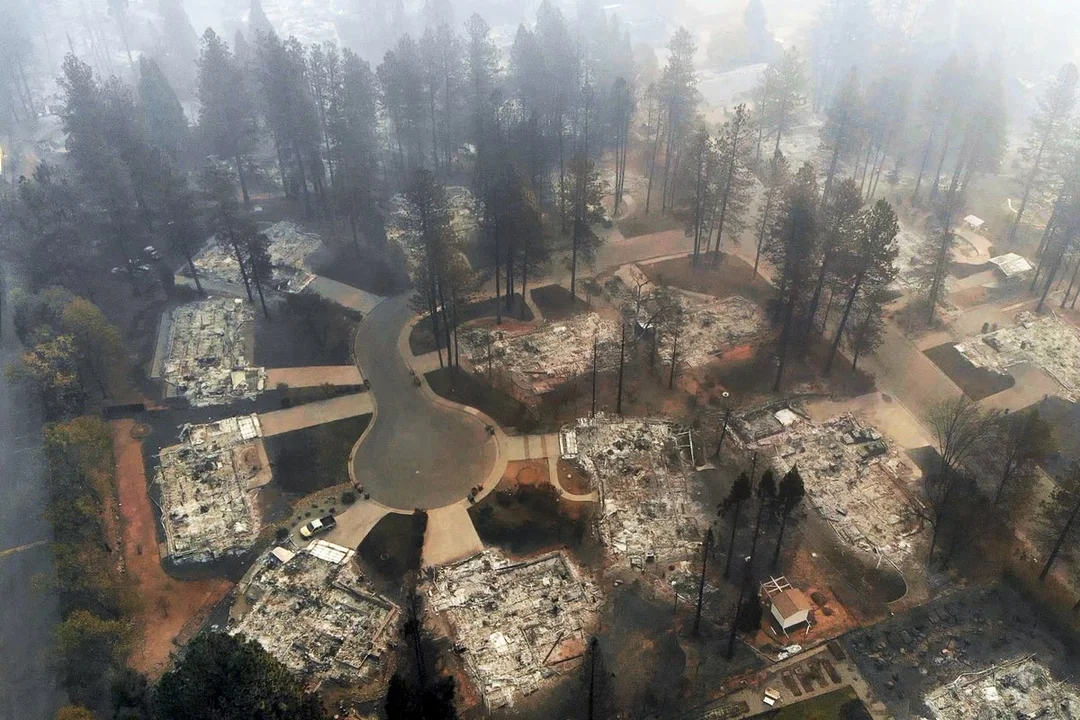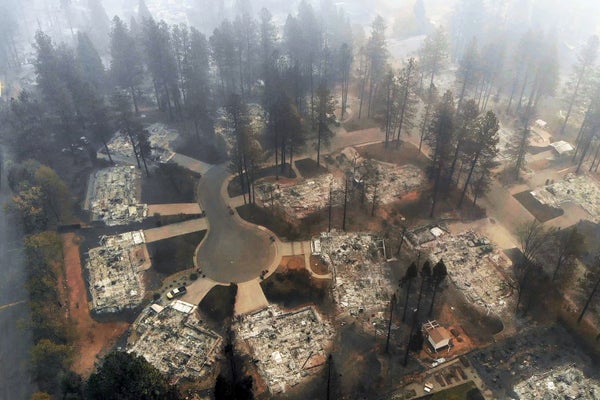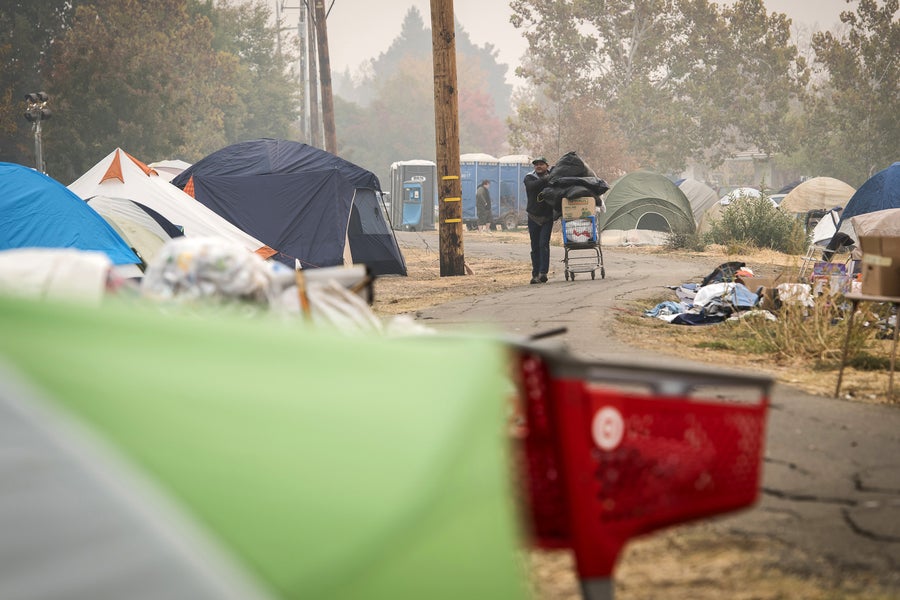
Debating The Future Of FEMA: Leaders, Critics, And The Dire Stakes For Disaster Recovery
The future of the Federal Emergency Management Agency (FEMA) has become a lightning rod in policy debates, as calls for overhauling or even eliminating the agency grow louder from Florida to Washington—and warnings mount about the grave consequences such moves could have for small-town America. As climate-driven natural disasters become ever more frequent and costly, what happens next could shape the destiny of communities nationwide.
In a bold speech in Orlando this week, Florida Governor Ron DeSantis made it clear: he believes Florida could manage disaster recovery more efficiently without FEMA’s involvement. “If President Trump wants to block grant money to us and get FEMA out of it entirely, we would do even better, because a lot of what we do is in spite of the FEMA bureaucracy, not because of it,” DeSantis declared before the National Rental Home Council.
DeSantis touted his state’s record of quick hurricane responses and fiscal prudence, emphasizing Florida’s ability to pre-stage resources and restore power rapidly after devastating storms like Hurricane Ian. He argued that Florida, with the right federal funding, could sidestep what he sees as FEMA’s slow-moving and cumbersome processes. This builds on his earlier backing of Trump’s idea to overhaul—or even defund—FEMA, advocating for states to manage disaster response more directly with block grants.
Meanwhile, on Capitol Hill, Rep. Chuck Edwards of North Carolina echoed the demand for FEMA reform. Edwards, who helped lead disaster response after Tropical Storm Helene killed more than 100 people and caused $60 billion in damage, described FEMA as a "mixed bag," giving it a C-minus grade. He prepared a suite of recommendations to fix the agency, but a planned press conference was canceled after the White House requested more time to review his proposals. Working within a Trump-established FEMA task force, Edwards stated, “An overhaul of FEMA is necessary to more effectively and efficiently respond to natural disasters, and to save lives.”

Yet, outside political circles, analysts warn that dismantling FEMA could devastate small cities and rural counties across America. In an opinion piece for Scientific American, Jesse M. Keenan and Yuliya Panfil argue that eliminating FEMA would leave many towns bankrupt, accelerate population flight from high-risk disaster zones, and force cuts to critical services. “Cutting off the post-disaster financial assistance that FEMA provides to states will drive up taxes, drive down services, and drive out residents and small businesses… this 'climate doom loop' poses the very real risk of destroying small-town America,” they write.


The risks are not theoretical. After the 2018 Camp Fire devastated Paradise, California, the resulting population exodus to nearby Chico drove up housing prices by 21% and triggered a homelessness crisis that still lingers. Critics argue FEMA plays a crucial role not only in disaster recovery, but also in stabilizing local economies and ensuring vital public services—from school operations to infrastructure repair—don’t collapse under the weight of disaster costs.
Florida’s avoidance of FEMA, for all its confidence in streamlining, could expose even wealthy states to credit shocks and service cuts if multiple disasters hit in one season. Small towns with limited tax bases, the analysts caution, could face municipal bankruptcies and see their very existence threatened.
With hurricane season approaching, the stakes for FEMA’s fate—and America’s disaster response—could not be higher. Should FEMA be reformed, replaced, or reinforced? As politicians, experts, and everyday citizens debate, the future of countless communities hangs in the balance.
What do you think? Should FEMA’s role be reduced or should federal disaster aid be preserved for communities in need? Share your thoughts in the comments below.